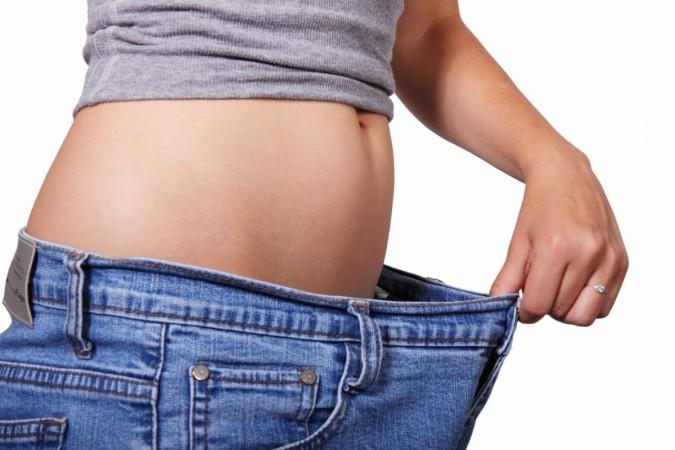
Most of us, at some point in our lives, have struggled with belly fat. The worst thing is that belly fat doesn't go away easily. And now, researchers say that belly fat can increase the risk of heart disease.
New research presented to the European Society for Cardiology Friday suggests that fat's location, just like its amount, is extremely important.
Researchers found out that adults with "central obesity", those with normal body mass index (BMI) but extra belly fat, have 79 percent higher risk of major cardiovascular events, including heart attack, stroke and death. On the other hand, the situation with people who were mildly overweight but with normal fat distribution is not that alarming.
But, why is belly fat so risky?
Researchers suggest that there is more than one factor at play in making central obesity linked to heart disease.
Firstly, central obesity is associated with low relative muscle mass, which is a sign of poor health. People who suffer from this condition have extra fat surrounding the internal organs inside the abdomen. This is called visceral fat, which is different from subcutaneous fat, which is the layer of fat below the skin, reported ABC News.
Moreover, visceral fat cells may release more fatty acids than other fat cells and they get drained directly into the liver from where they are circulated throughout the body, in turn accumulating in the cells of the heart, pancreas and liver. This then can lead to weakening the heart, impaired processing of cholesterol and poor regulation of blood sugar. This process is known as lipotoxicity, the website added.
Secondly, central obesity, as reported, can also be an outcome of a hormone or metabolism disorder. There can be genetic reasons too. A condition called "metabolic syndrome" is known to help retain fat, especially in the midsection.
How to get rid of the belly fat
Healthline.com advises to cut down on sugar avoid sugar-sweetened drinks and carbs. One should eat a protein-rich diet as it is proved to reduce cravings, boost metabolism and help intake lesser calories.
The website also encourages to increase the intake of fiber, especially viscous fiber as it aids weight loss. Also, make sure you exercise to burn the fat away.
Stock vegies and fruits and include them in your daily diet as they add fiber to the diet and say no to fatty foods, according to medicalnewstoday.com.
Also, drink lots and lots of water as it helps to burn calories and dehydrate the body.

















